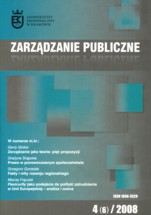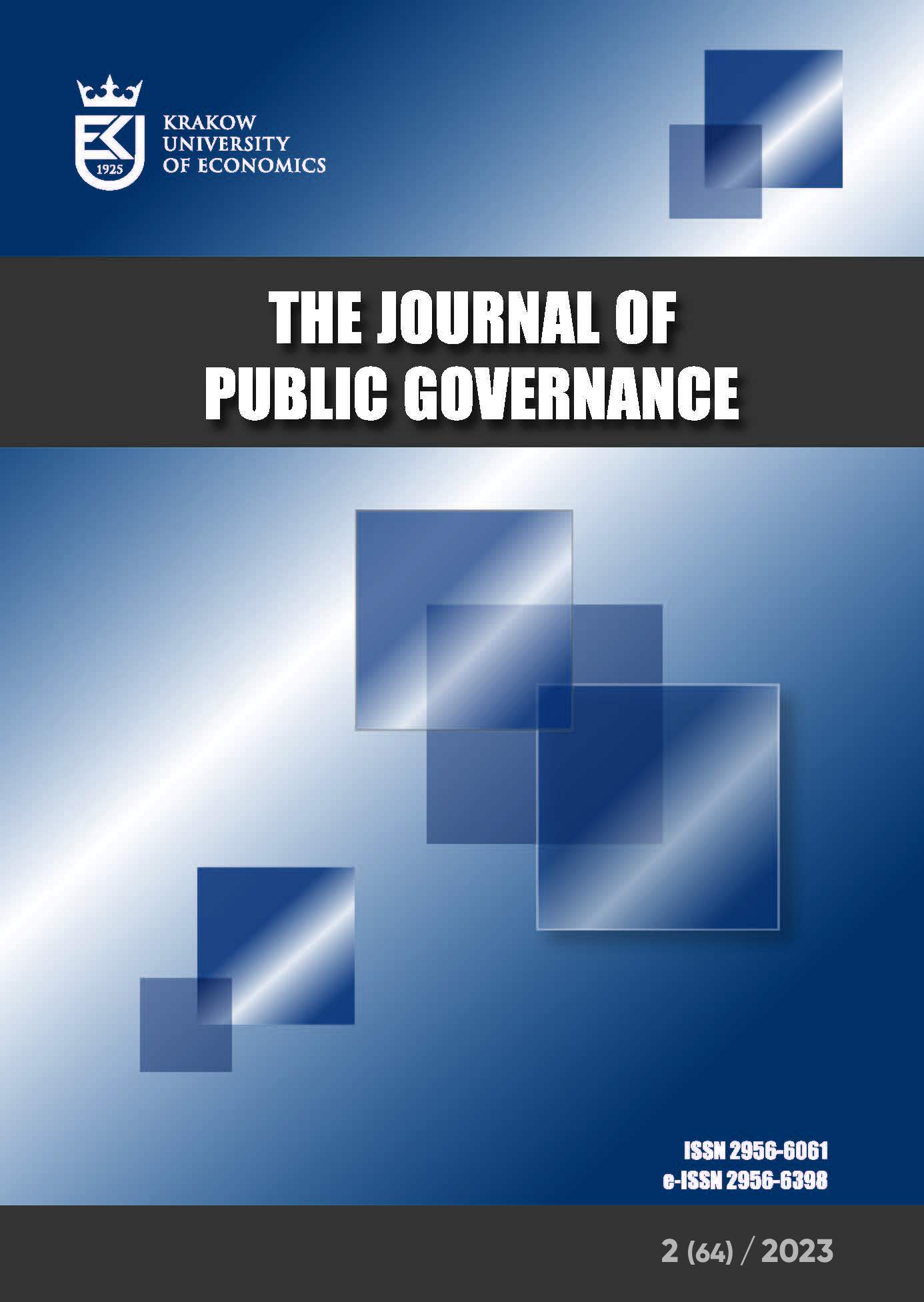Law in Postmodern Society
Keywords:
globalization, legal pluralism, postmodern society, self-regulationAbstract
In the contemporary globalizing society which is also sometimes referred to as a postmodern society, it is becoming more and more difficult, if at all possible, to make use of law as an instrument of government. On the one hand, contemporary societies are characterized by legal pluralism, and on the other – law itself loses its traditional features including, above all, its close and one-way relationship with nation state. In the sociological theory of law, it is emphasized that law becomes autonomous by itself and that instead of the power of state, its internal systemic features (including its unique semantics) become the basis of its validity. A theoretical argument of such kind carries twofold implications: firstly, in connection with the different levels of regulation in the postmodern society, this argument indicates an increasing internal diversity of law. Secondly, autonomization of law and an increase in the pluralism of social system indicate that law in the contemporary world preferably ought to support the internal processes of societal self-regulation instead of direct interference in these processes. Theoretical arguments related to law in the postmodern society are confronted with concrete processes and phenomena which accompany law transformations. As a conclusion, one may formulate a statement saying that governance with the use of law consists in the support of the internal processes of self-regulation, while taking into consideration the social context of these processes.
Downloads
Published
How to Cite
Issue
Section
License
Open Access, licence: CC-BY 4.0




